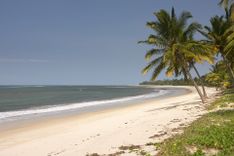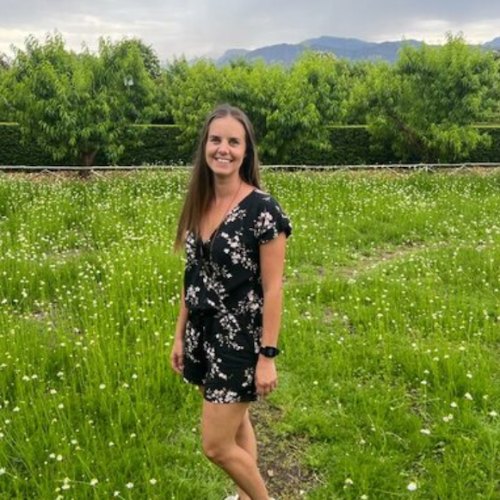Kiswahili is pronounced exactly as it’s written, with the stress nearly always on the penultimate syllable. Where an apostrophe precedes a vowel (eg ng’ombe; cattle), the vowel is accentuated, something like a gulp.
The ability to pepper conversation with appropriate proverbs (methali) is also much admired in Tanzania – as elsewhere in Africa. The pithier sayings even find their way onto kangas worn by women, to express sentiments that might be taboo if spoken aloud.
Here are a few of our favourites, taken from the new Rough Guide to Tanzania. For more inspiration, read our run-down of the best things to do in Tanzania.








